The Vital Role of Elephants in the Ecosystem of South Africa's Kruger National Park
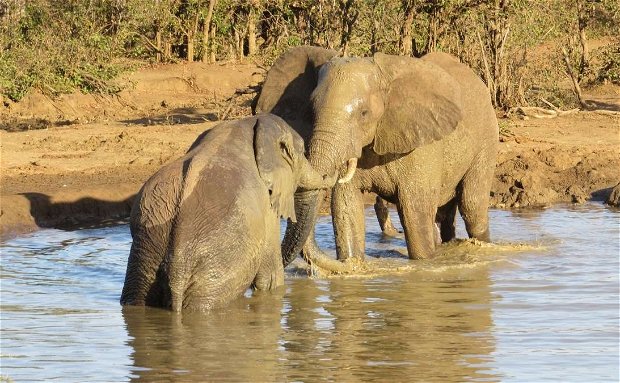
Explore the vital role of elephants in South Africa's Kruger National Park ecosystem. Discover how these gentle giants shape landscapes, foster biodiversity, and draw tourists to this iconic wildlife haven. Learn how Needles Lodge offers an immersive experience for travelers seeking close encounters with these magnificent creatures.
Elephants, often regarded as the gentle giants of the animal kingdom, are not only awe-inspiring creatures but also essential components of South Africa's Kruger National Park ecosystem. This article delves into the profound significance of elephants, both from an ecological and conservation perspective, in a region celebrated for its breathtaking wildlife and landscapes.
Kruger National Park: An Iconic Wildlife Haven
Kruger National Park, an expansive wilderness spanning approximately 20,000 square kilometers in northeastern South Africa, is renowned as one of Africa's premier wildlife destinations. This park is not only home to Africa's Big Five but also serves as a sanctuary for a multitude of species, including the magnificent African elephants.
Beyond their status as one of the famed Big Five (comprising lions, leopards, rhinoceros, buffalo, and elephants), these gentle giants are classified as keystone species. Keystone species play pivotal roles in shaping and preserving ecosystems.
Elephants as Ecosystem Engineers
Elephants, boasting their massive size and iconic trunks, function as ecosystem engineers in Kruger National Park. Their activities significantly influence the environment they inhabit. They shape the landscape by toppling trees, stripping branches, and excavating for water. While they aren't traditional lumberjacks, their actions lead to diverse terrain, including grasslands, woodlands, and wetlands.
One prominent result of their influence is the creation of clearings within dense vegetation, allowing sunlight to reach the forest floor. This, in turn, stimulates the growth of new plants and grasses, providing nourishment for various herbivores like zebras, wildebeests, and antelopes.
The Remarkable Role as Seed Dispersers
Elephants contribute to biodiversity by serving as exceptional seed dispersers. Their diet comprises a variety of fruits and seeds, most of which remain intact during digestion. These seeds are then spread across the landscape through their dung. This process ensures the renewal of plant life and fosters the preservation of biodiversity.
Water Source Creation and Maintenance
In the arid landscapes of Kruger National Park, water is a precious resource. Elephants instinctively seek out water, leading them to dig for it in dry riverbeds and create wallows—depressions that accumulate rainwater. These wallows become crucial water sources for a multitude of creatures during the dry season, including birds, reptiles, and amphibians.
Elephants: A Tourism Magnet
While their ecological importance is undeniable, elephants are also a significant draw for tourists visiting Kruger National Park. People from across the globe flock to witness these majestic creatures in their natural habitat. This surge in elephant tourism substantially bolsters the park's revenue, contributing to vital conservation initiatives.
Needles Lodge: Your Ideal Base for Elephant Encounters
For travelers planning an expedition to Kruger National Park and desiring an up-close experience with elephants, Needles Lodge offers an unparalleled base. Nestled in Marloth Park, which shares a border with Kruger National Park, Needles Lodge provides a unique and luxurious safari experience.
Marloth Park's location allows wildlife, to roam freely, offering guests the chance to witness wildlife such as, zebra, kudu, warthogs and giraffes right from their rooms. Picture waking up to the sight of kudus and zebras passing by your sliding door, or sharing stories under the starlit skies with fellow adventurers.
Conservation and Responsible Tourism: A Shared Responsibility
As we celebrate the role of elephants in South Africa's ecosystem, it's imperative to emphasize the importance of responsible tourism and conservation. Visitors are encouraged to engage with wildlife ethically, respecting their natural behaviors and habitats. Additionally, supporting conservation initiatives and organizations working tirelessly to protect these incredible creatures is crucial.
Donate to a conservation organization. There are many organizations working to protect elephants in South Africa, and your donation can make a big difference. Here are a few to consider:
The African Elephant Foundation
The David Sheldrick Wildlife Trust
Elephants aren't just charismatic megafauna; they are the heartbeat of Kruger National Park's ecosystems. Their actions, from shaping the landscape to nurturing biodiversity, underscore their significance. Witnessing elephants in their natural habitat is a profound experience that epitomizes the essence of Africa's wild heart.
When planning your next adventure in South Africa, remember to include Kruger National Park and the extraordinary elephants that inhabit it. For an exceptional stay amidst this untamed wilderness, choose Needles Lodge as your base—a place where each day promises the possibility of a remarkable wildlife encounter.

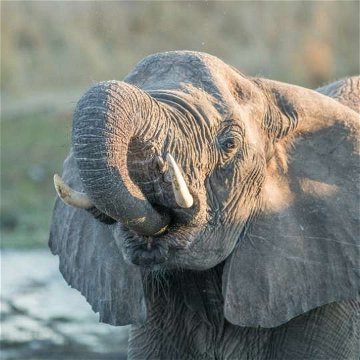
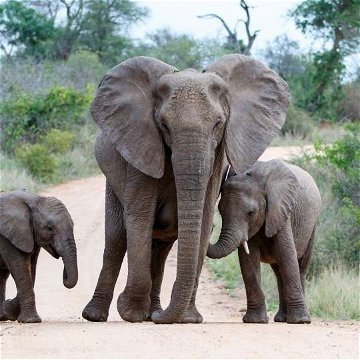


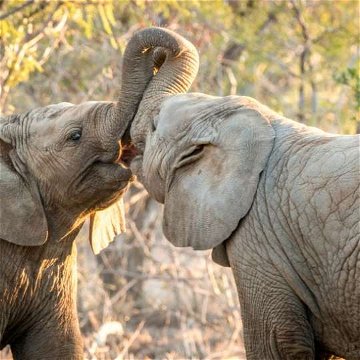
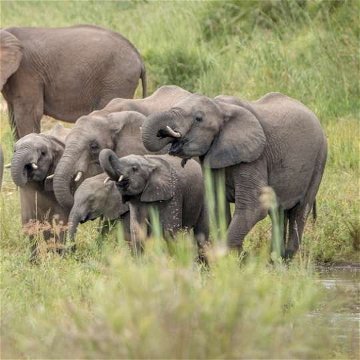


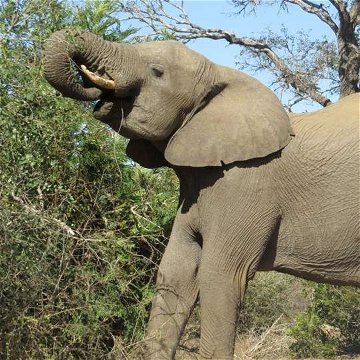
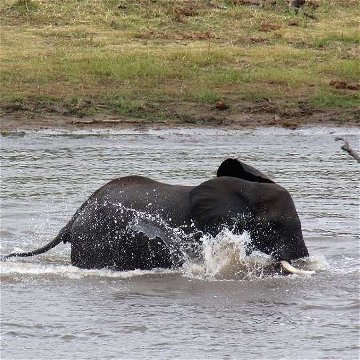
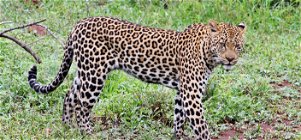
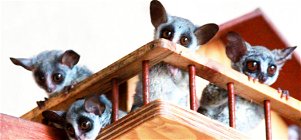
Share This Post